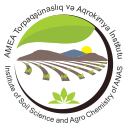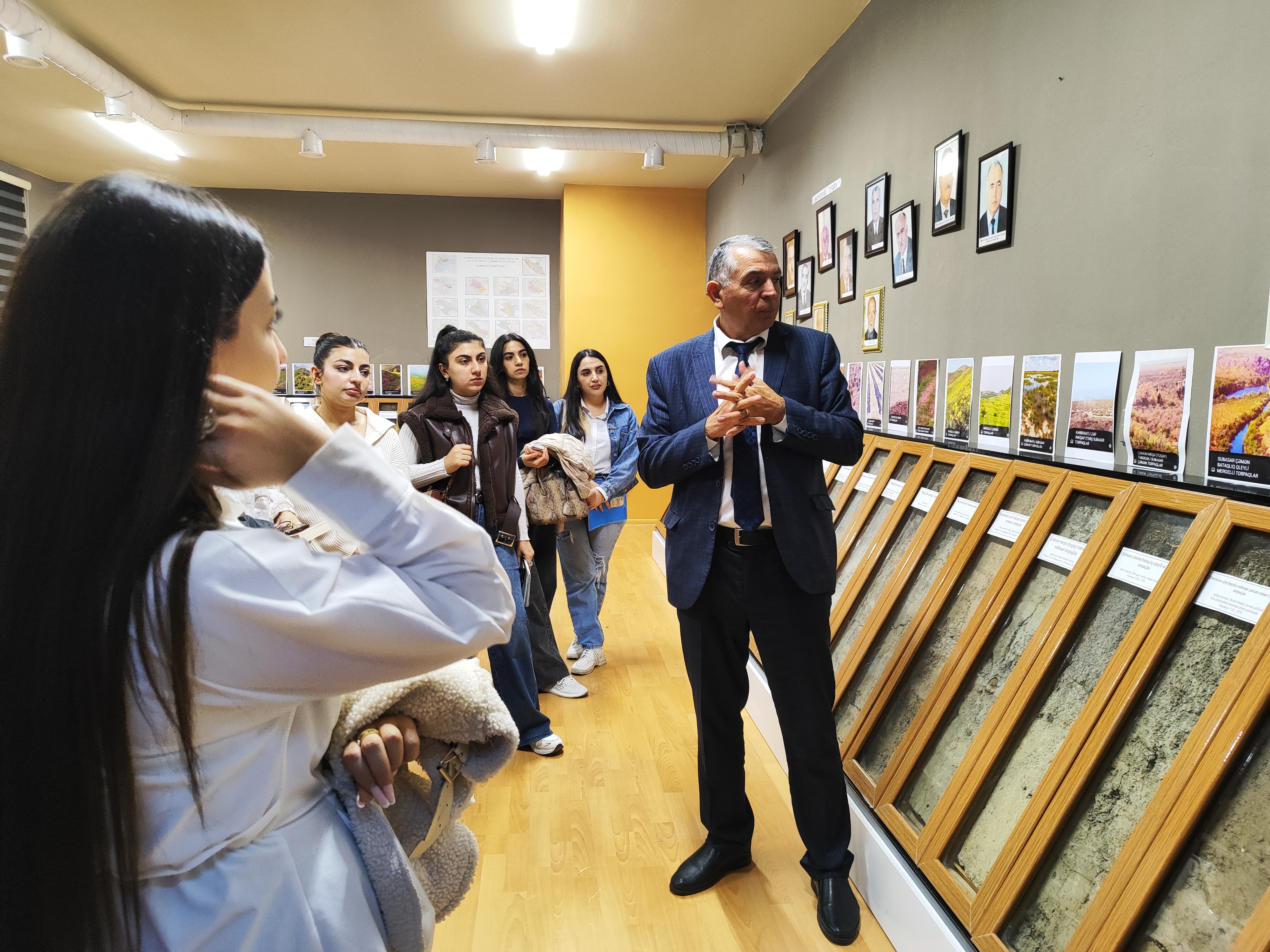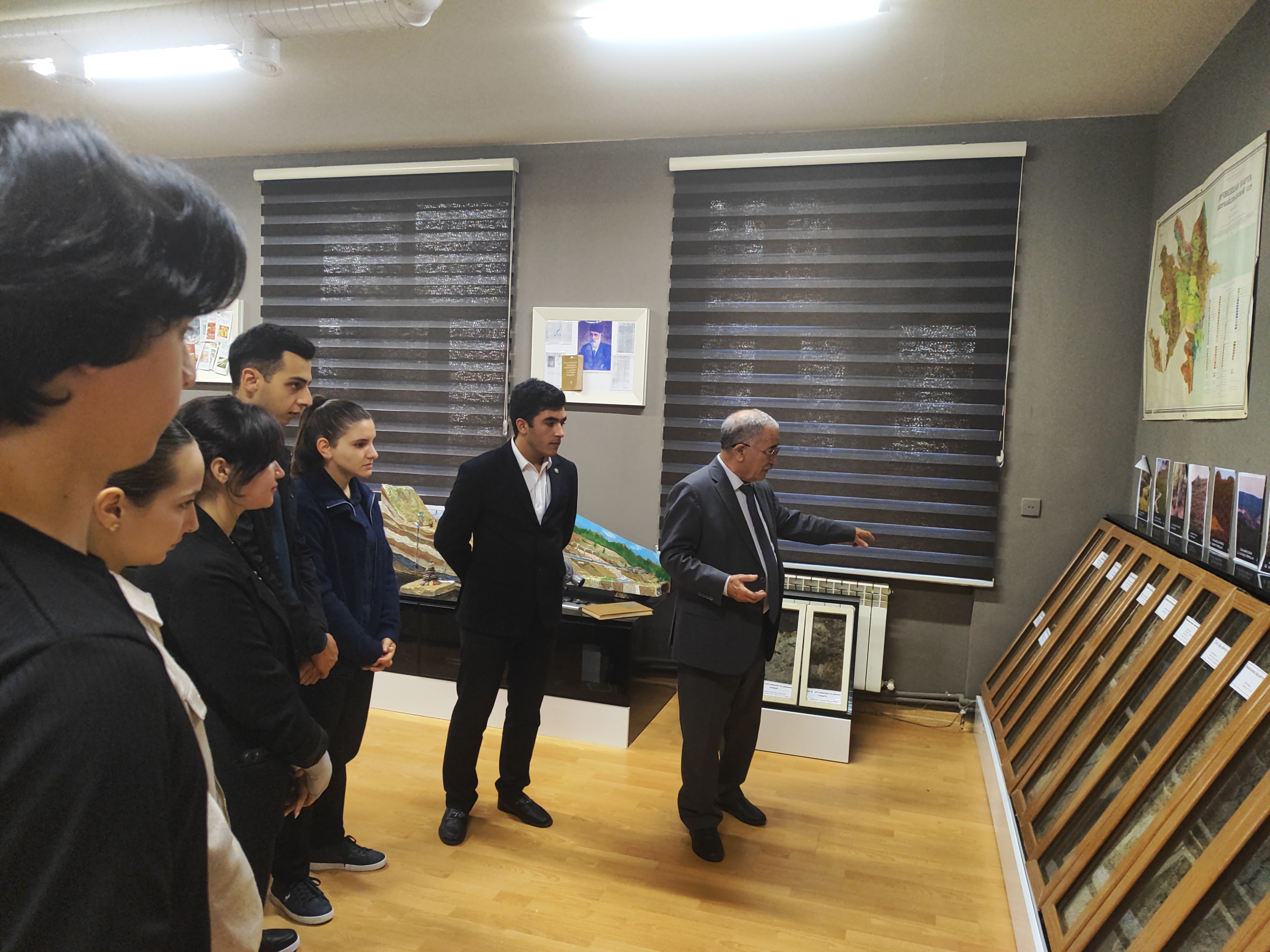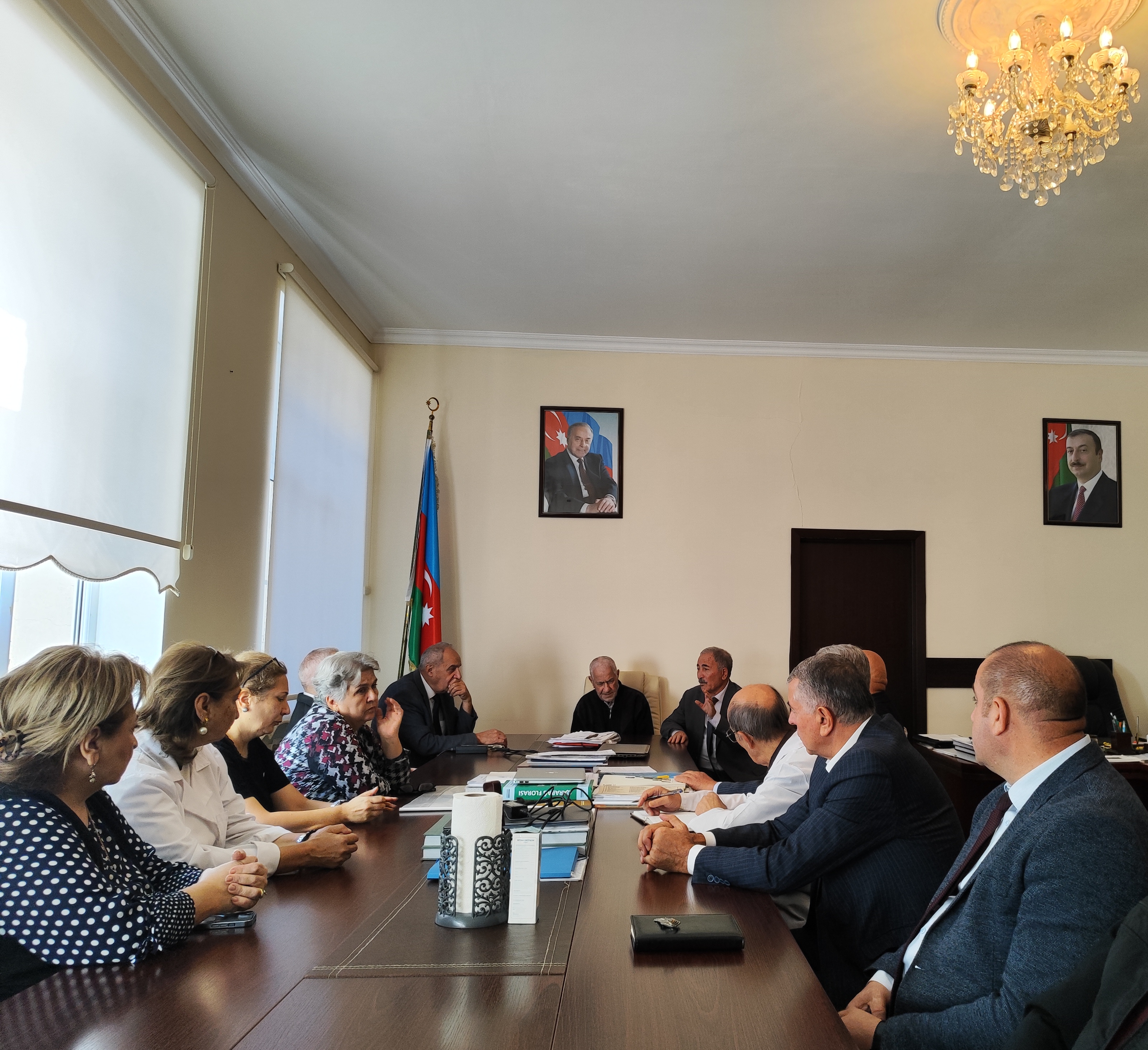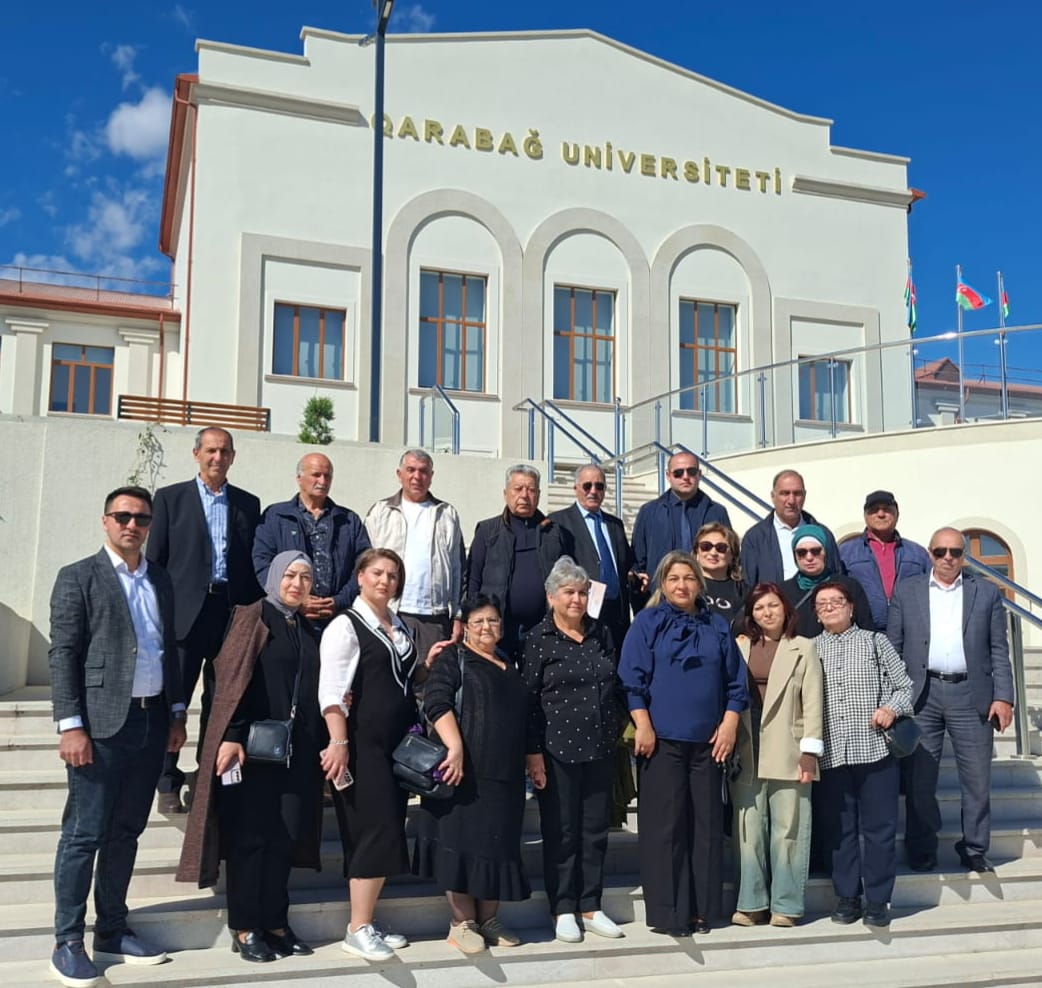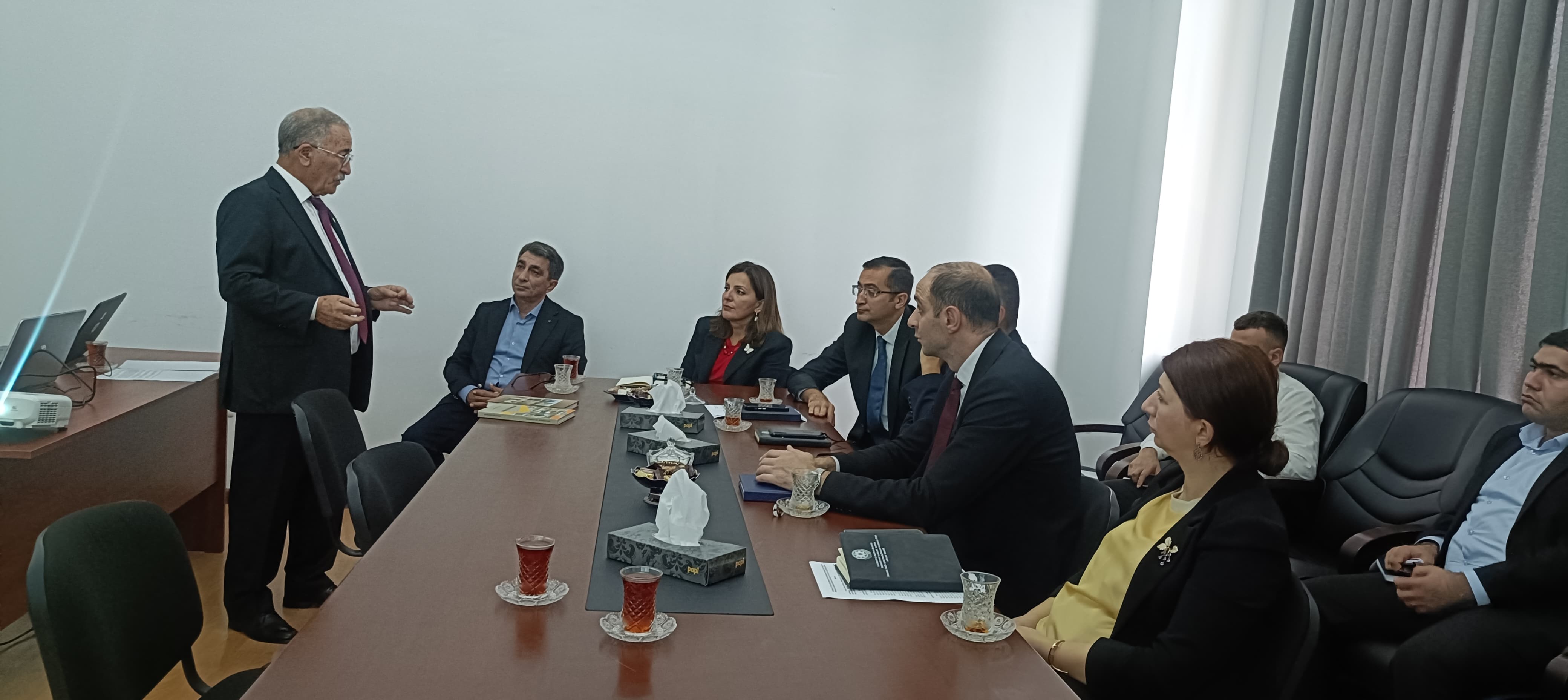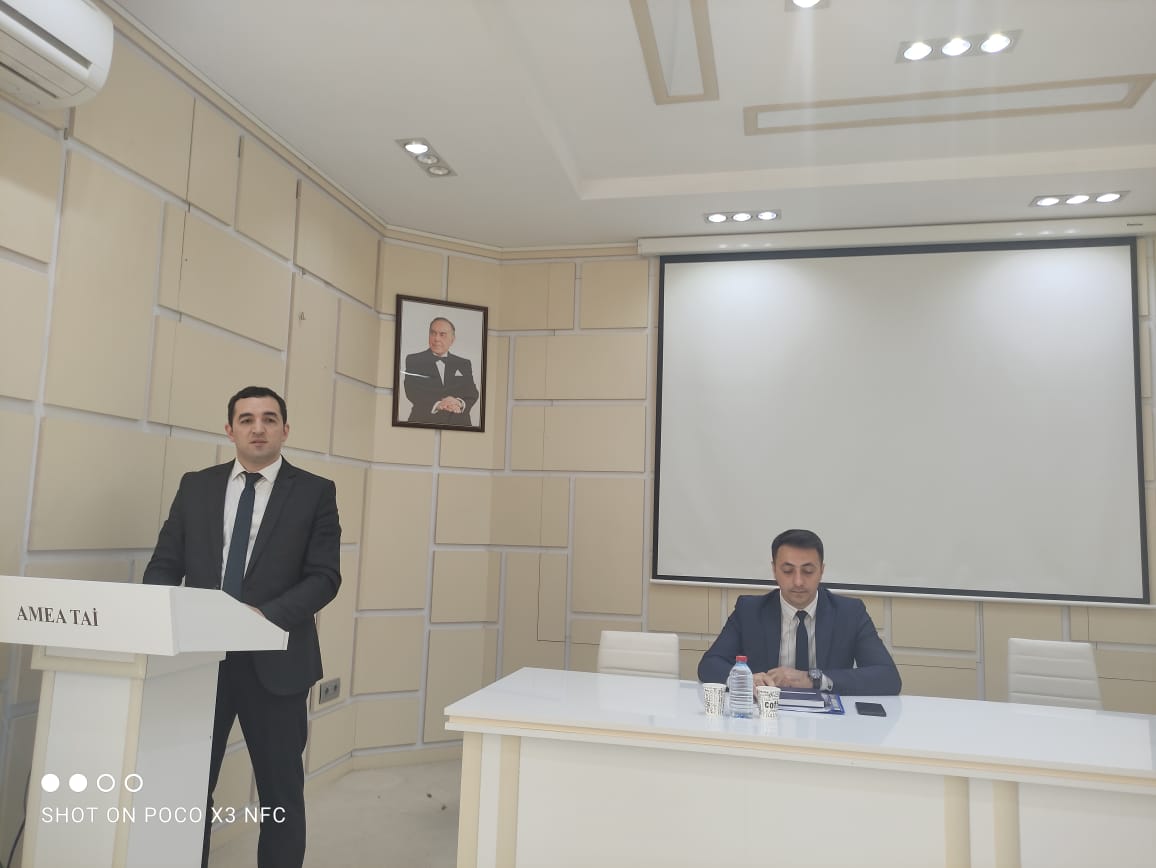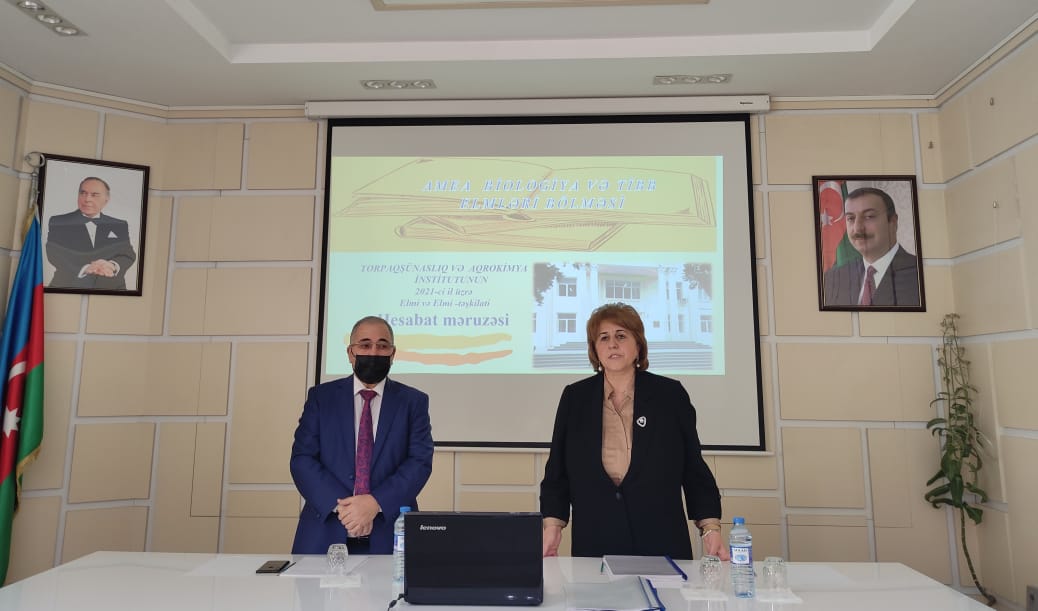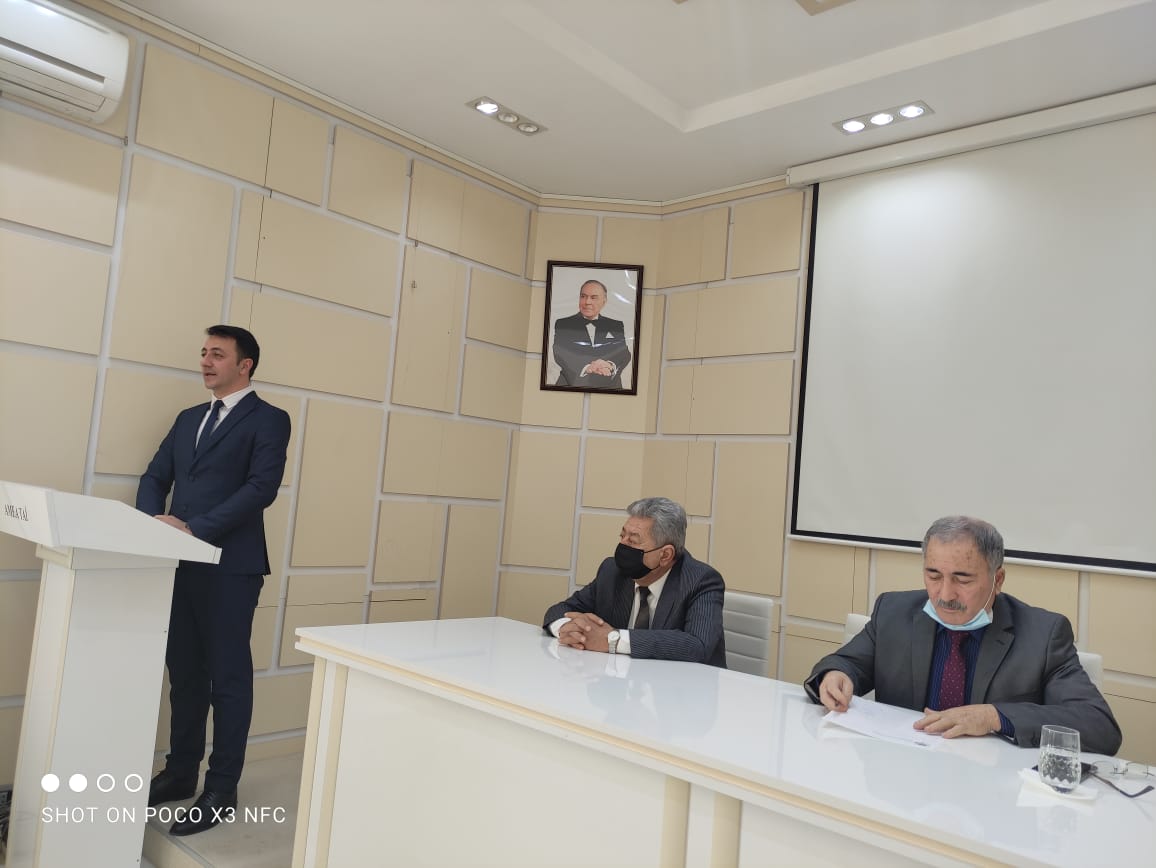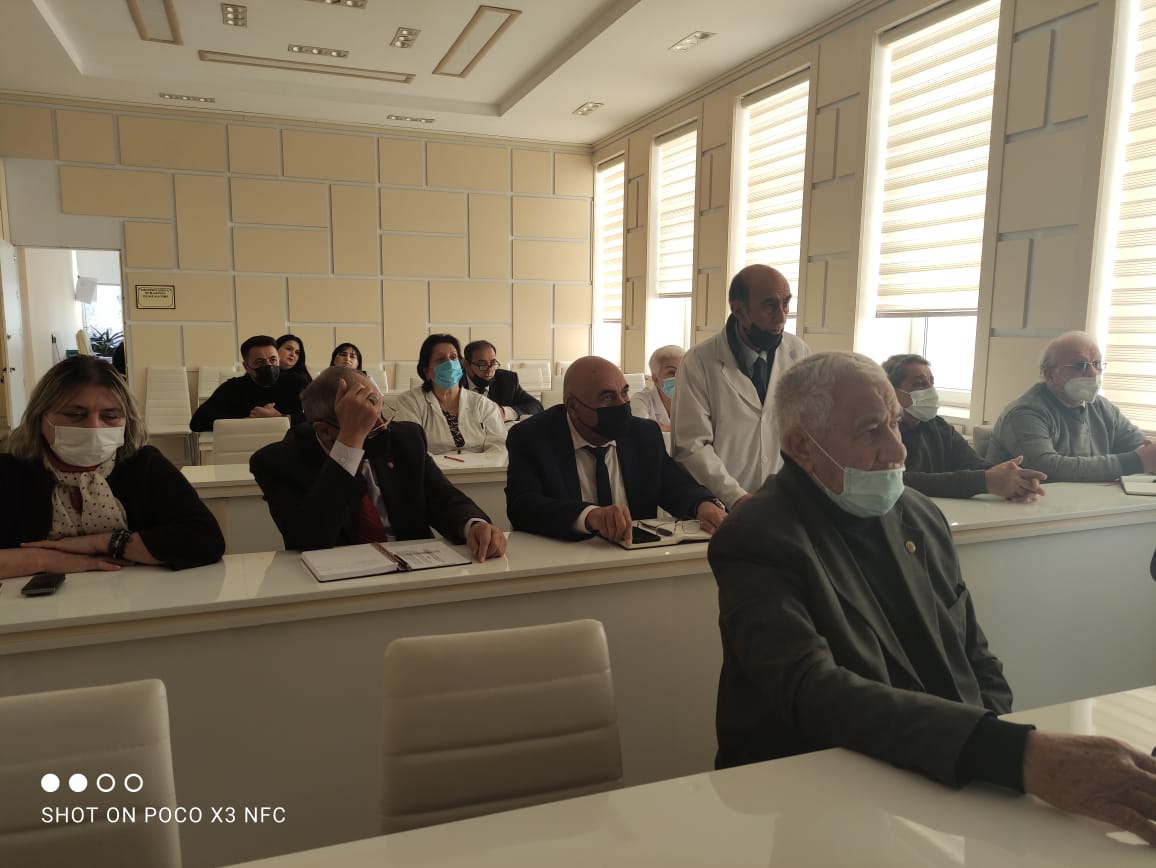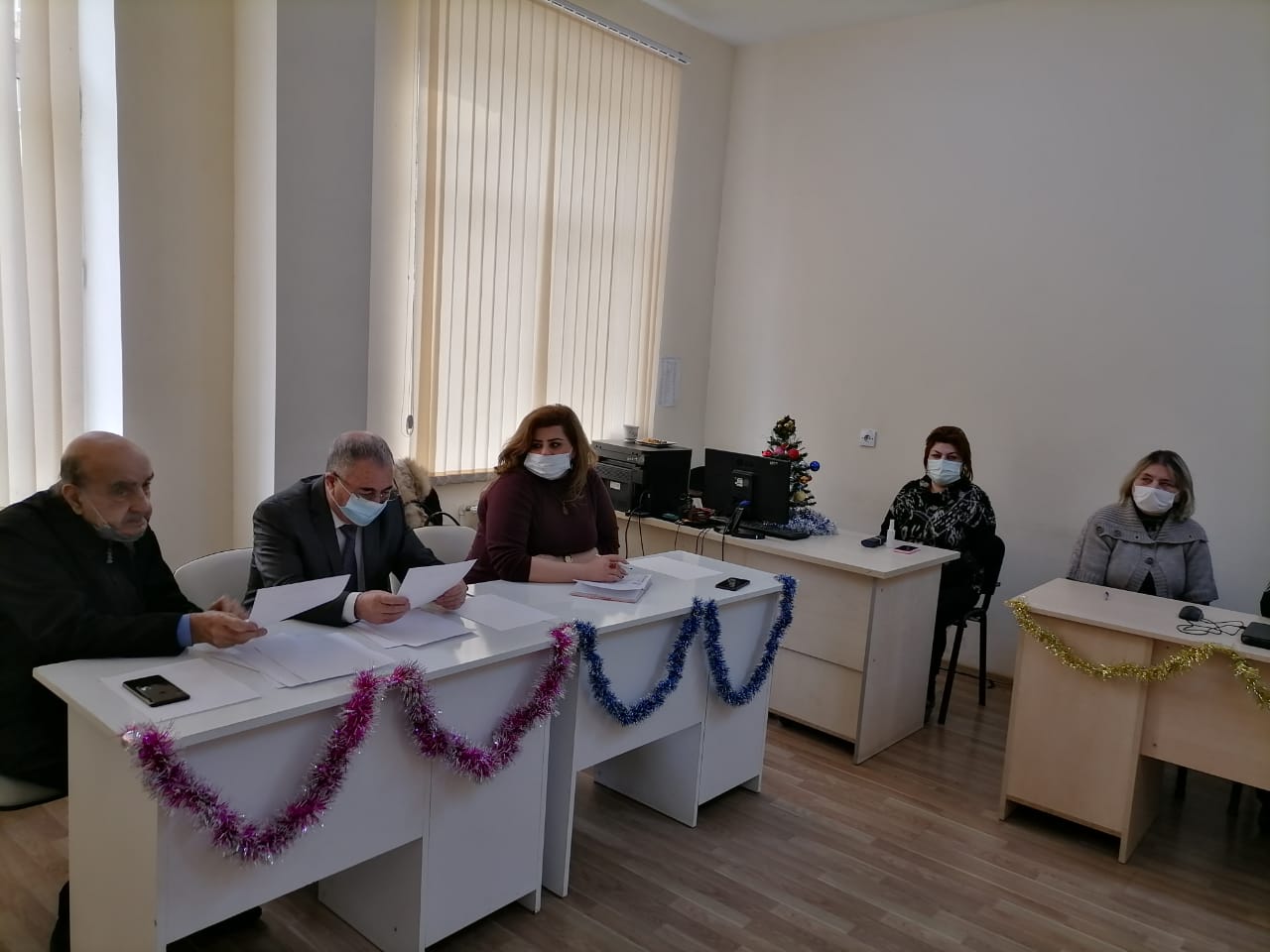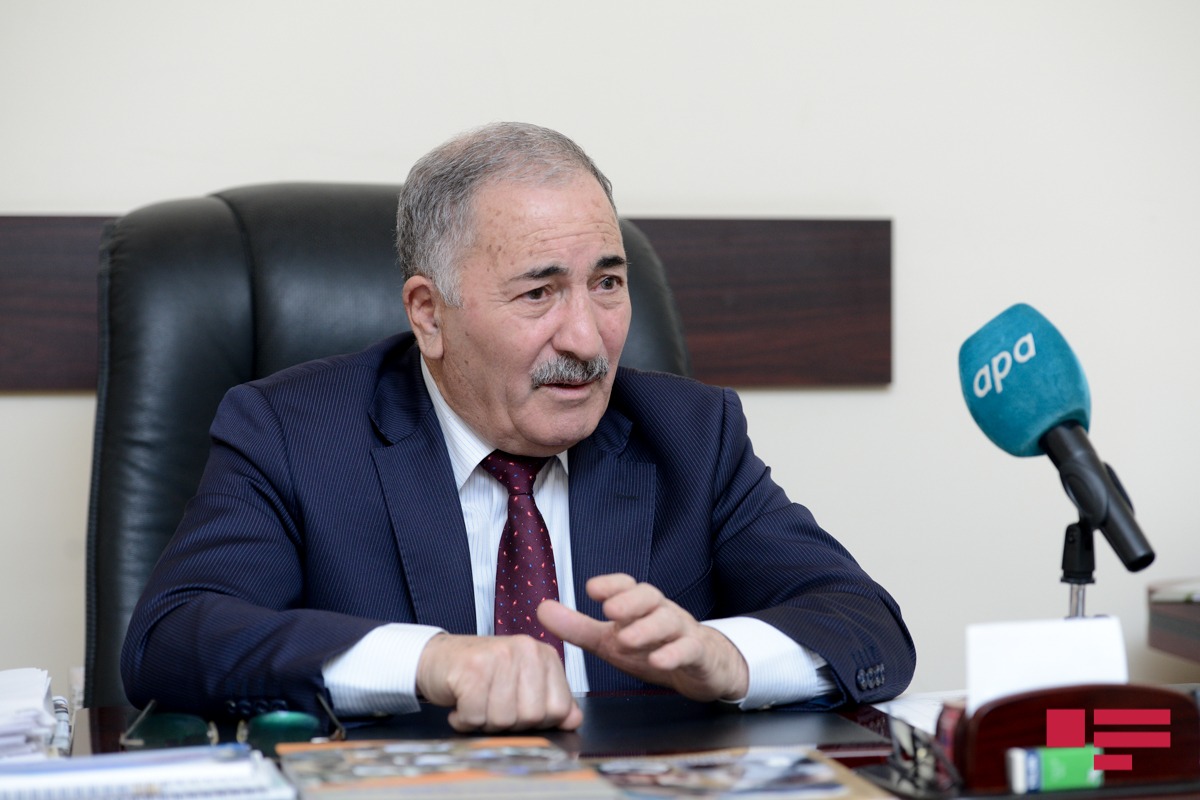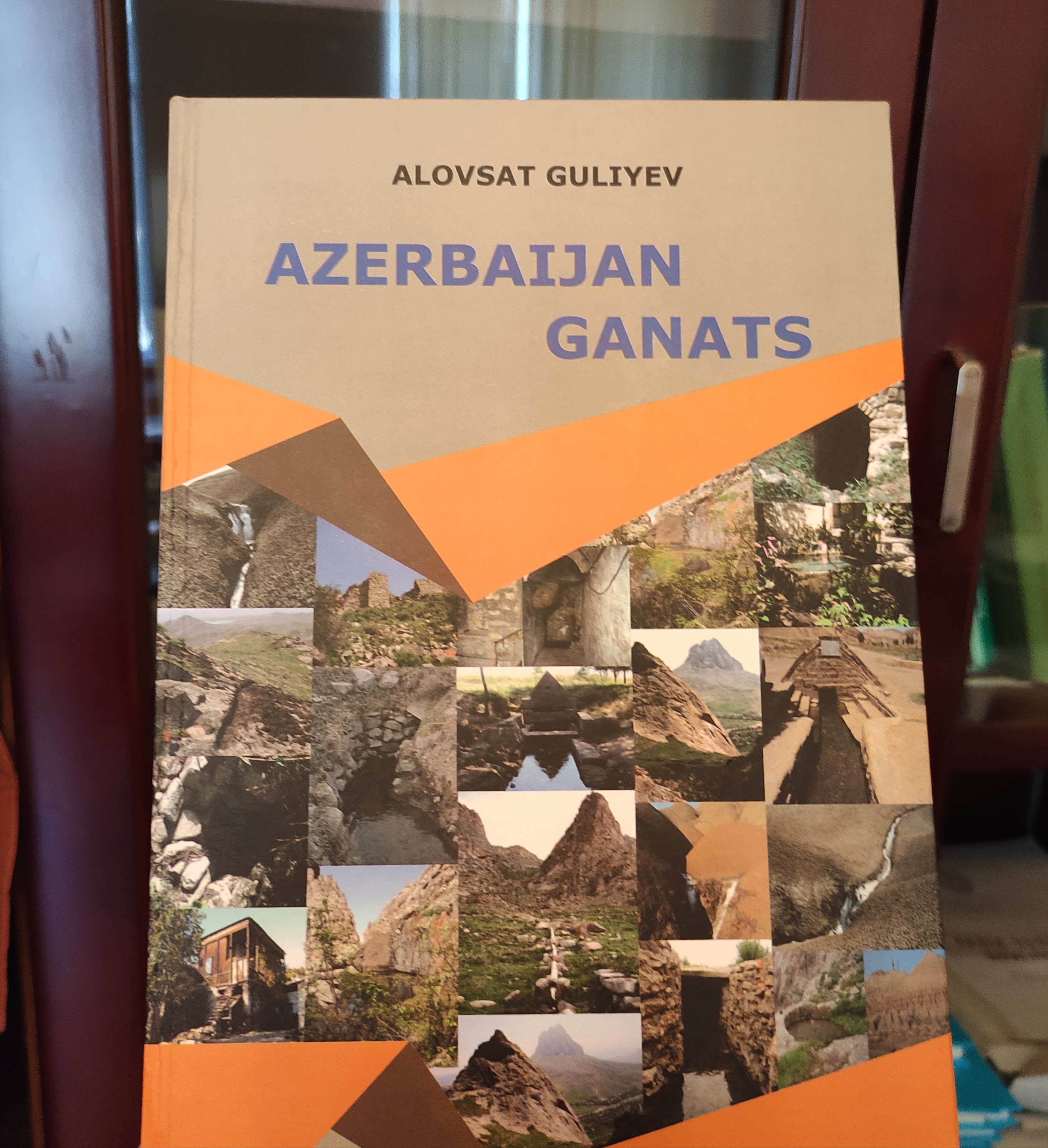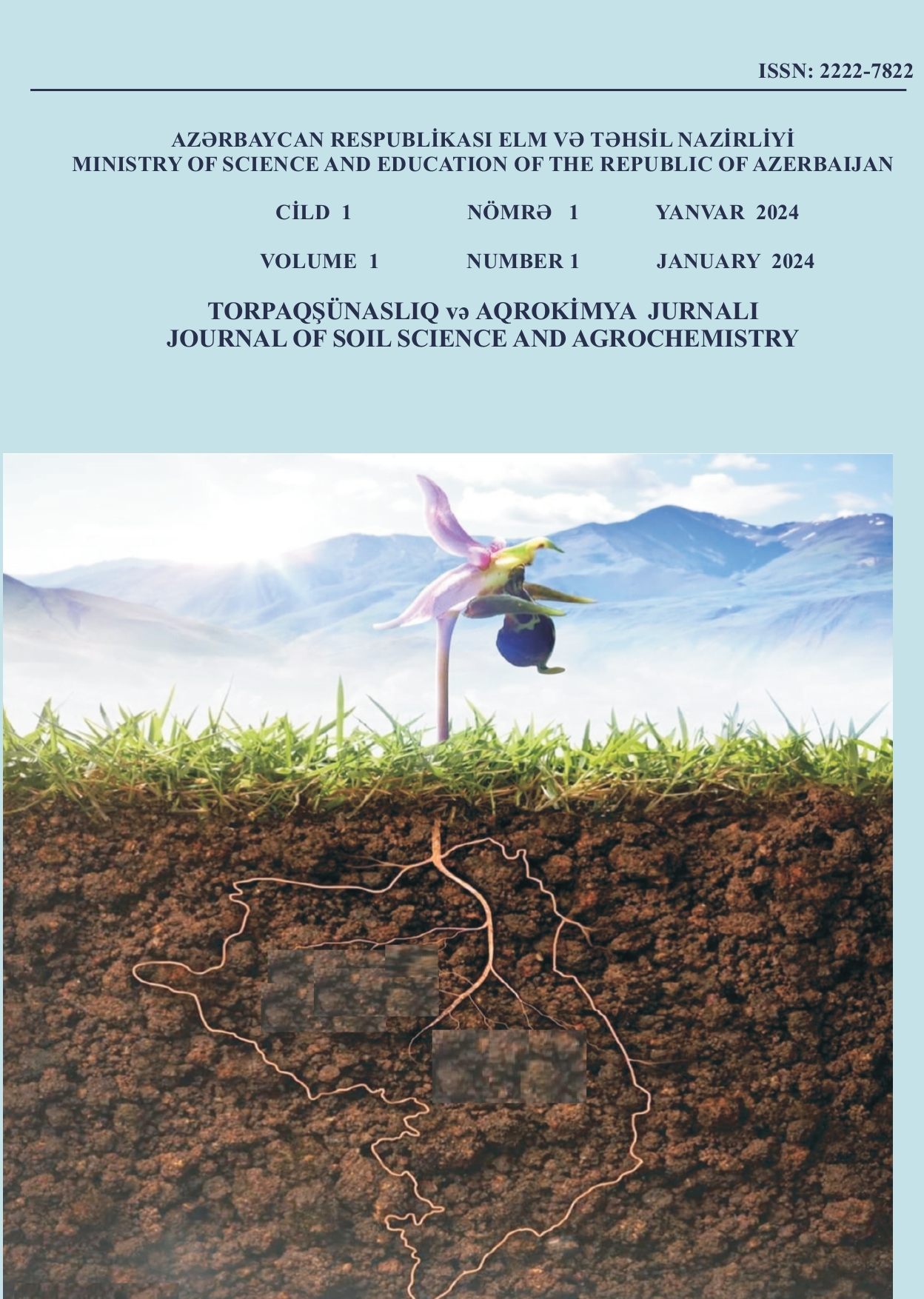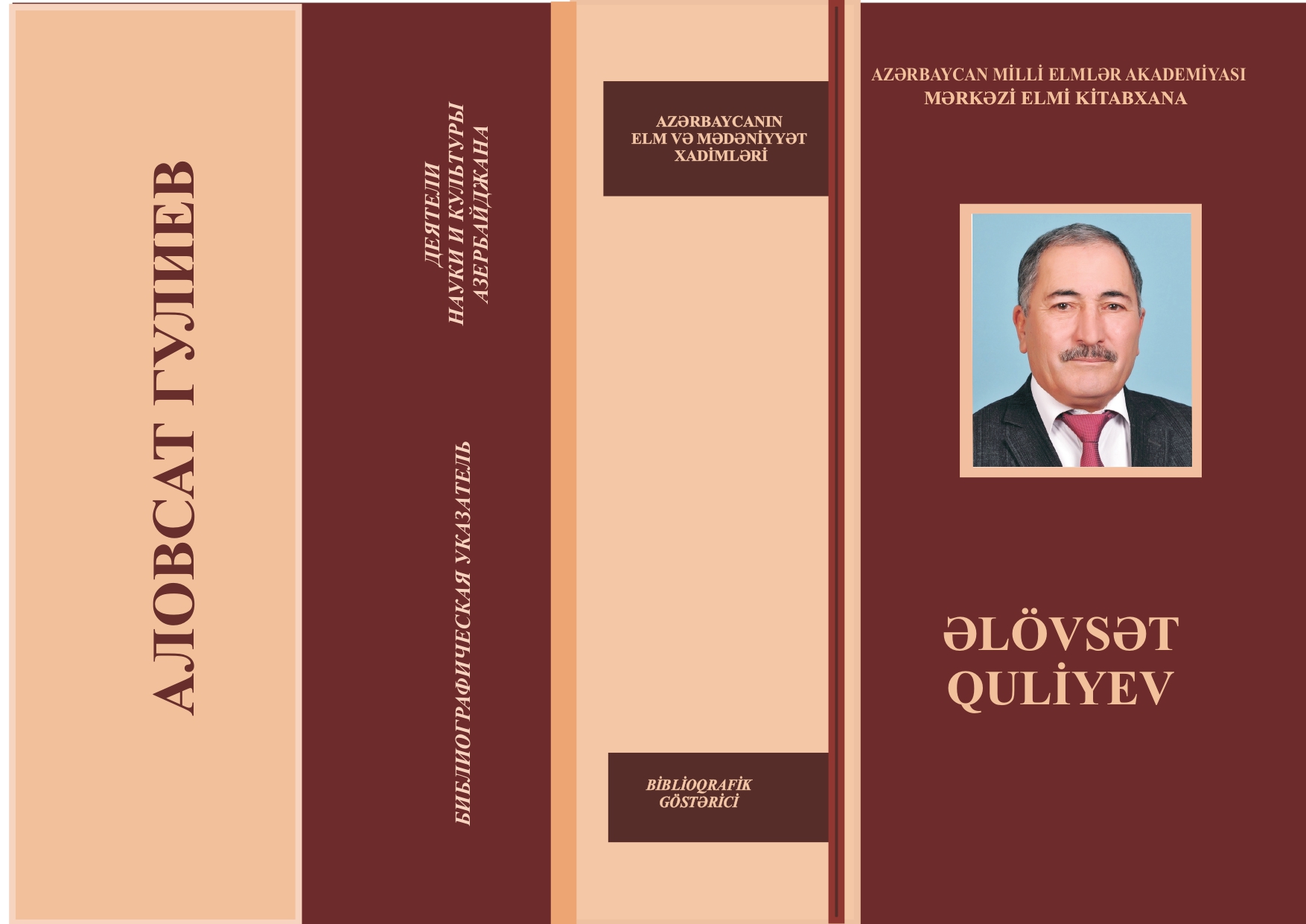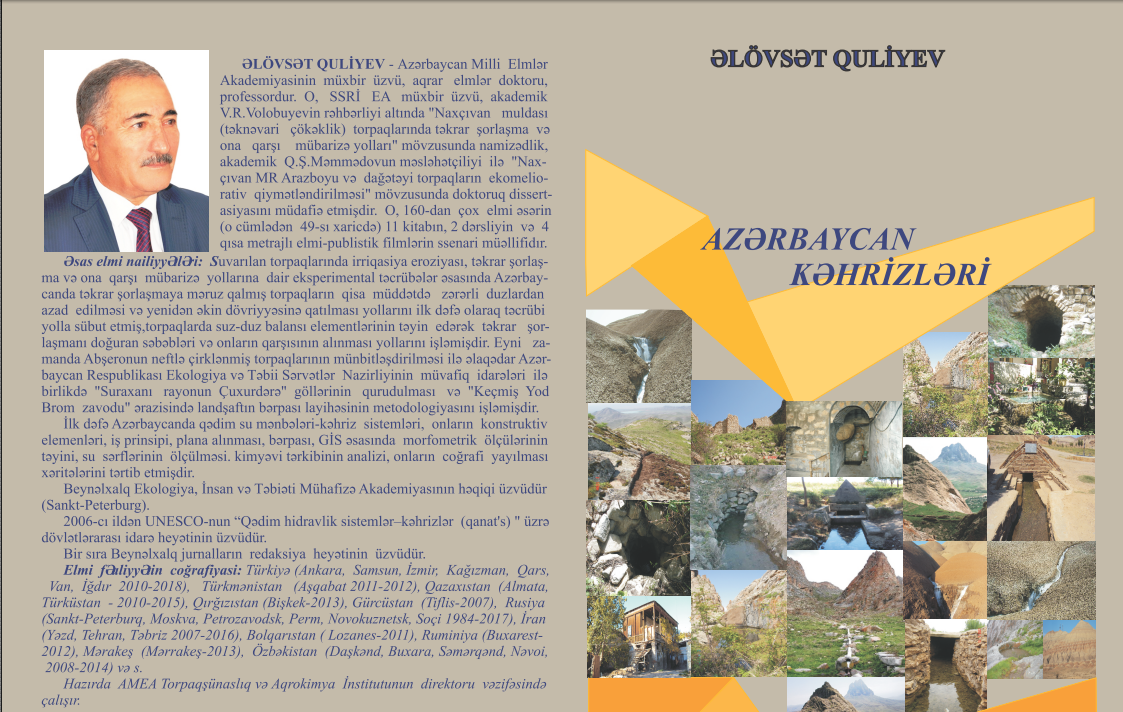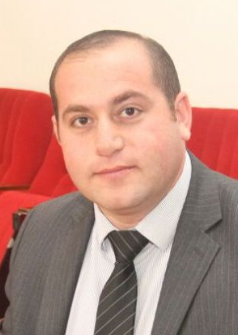
About a partial change in the structure of the Institute of Soil Science and Agrochemistry of ANAS
According to the decision dated October 3, 2018, No. 14/9 of the Presidium of the
Azerbaijan National Academy of Sciences "Soil ecology" international laboratory was established.
Number of personnel of the laboratory: 13 people, (3 PhD in biology, 2 PhD in agriculture)
Leading researcher – 3; Senior researcher – 2; Scientific worker – 6; Chief laboratory assistant – 1
Head of Laboratory - PhD in Biology, associate professor Zaman R. Mammadov
zamanmammadov81@gmail.com,
Tel: (994 12) 539 97 16
Academician V.R. Volobuyev (1963) is considered the main author of the "Soil ecology" theory, but the scientific-theoretical foundations of this scientific teaching are directly related to V.V. Dokuchayev's (1949) theory about the genesis of soils, soil-cultivating factors, and natural zones. The introduction of the term "soil ecology" to science and the scientific-theoretical justification of this concept directly connected to the theoretical studies of Academician V.R. Volobuyev (1963).
The scientific-theoretical and methodological bases of the ecological assessment of soils developed by academician G.Sh. Mammadov of our republic in the early 90s of the 20th century.
Under the leadership of Academician G.Sh. Mammadov, soil, soil ecological assessment maps (1:600000), soil and ecological atlases of Azerbaijan (in Azerbaijani, Russian and English languages) compiled. For the first time, an electronic map platform was created on the basis of modern geographic information systems (GIS) software, covering the entire territory of the Republic of Azerbaijan, supporting the various scale spectrum required by electronic agriculture and other state information systems based on the use of spatial data, as well as the interactive update mode. In order to conduct soil, agrochemical, as well as multidisciplinary research, a detailed methodology for drawing up digital soil and soil ecological assessment maps using methods such as relief plasticity method and 3D visualization developed on that platform.
The main objectives of the international laboratory "Soil ecology" are to conduct research in the field of soil and ecology, to study the achievements of scientific centers operating in different countries of the world, and to expand scientific and technical cooperation, to increase the potential of personnel in this field, and to strengthen cooperation with Azerbaijani and foreign scientists working abroad. .
The international laboratory "Soil Ecology" covers a wide range of issues. These issues are : the study of the soil environment on the background of global warming and desertification, agro ecological research, efficient use of land, ecological monitoring of land and optimization of fertility parameters based on this, development of ways to maintain the natural state of various soils and increase productivity, selection of land for plants and appropriate crop circle ways to increase soil fertility and maintain it at a sufficiently high level to ensure optimal biological productivity; selection of ways and methods of soil protection from pollution and degradation processes; constant management of soil processes and regimes to maintain them in optimal condition; and other issues and conducting research in this direction.
Six important results successfully achieved in the laboratory.
